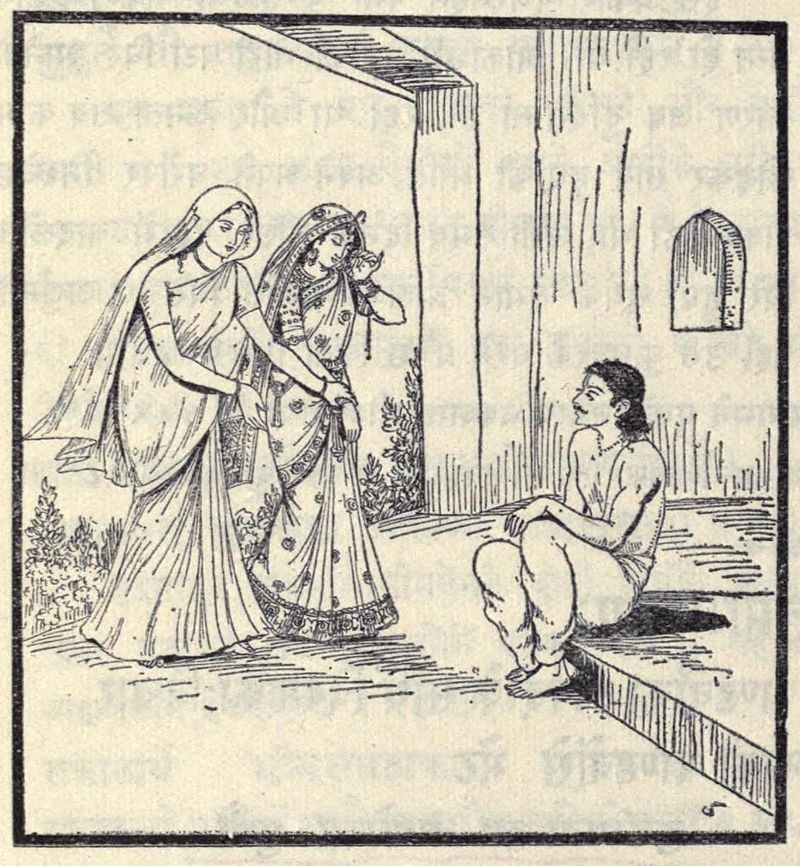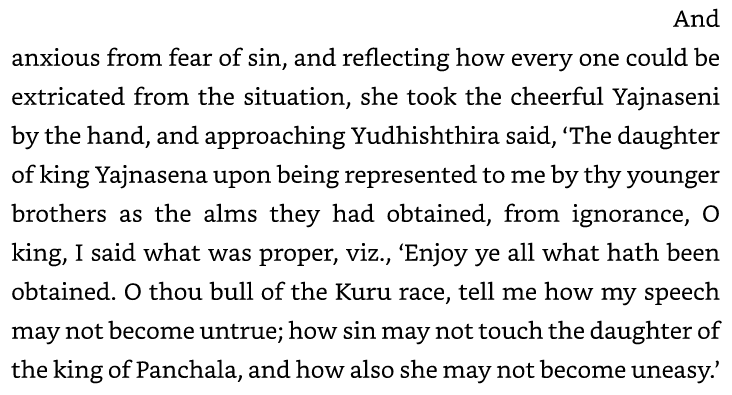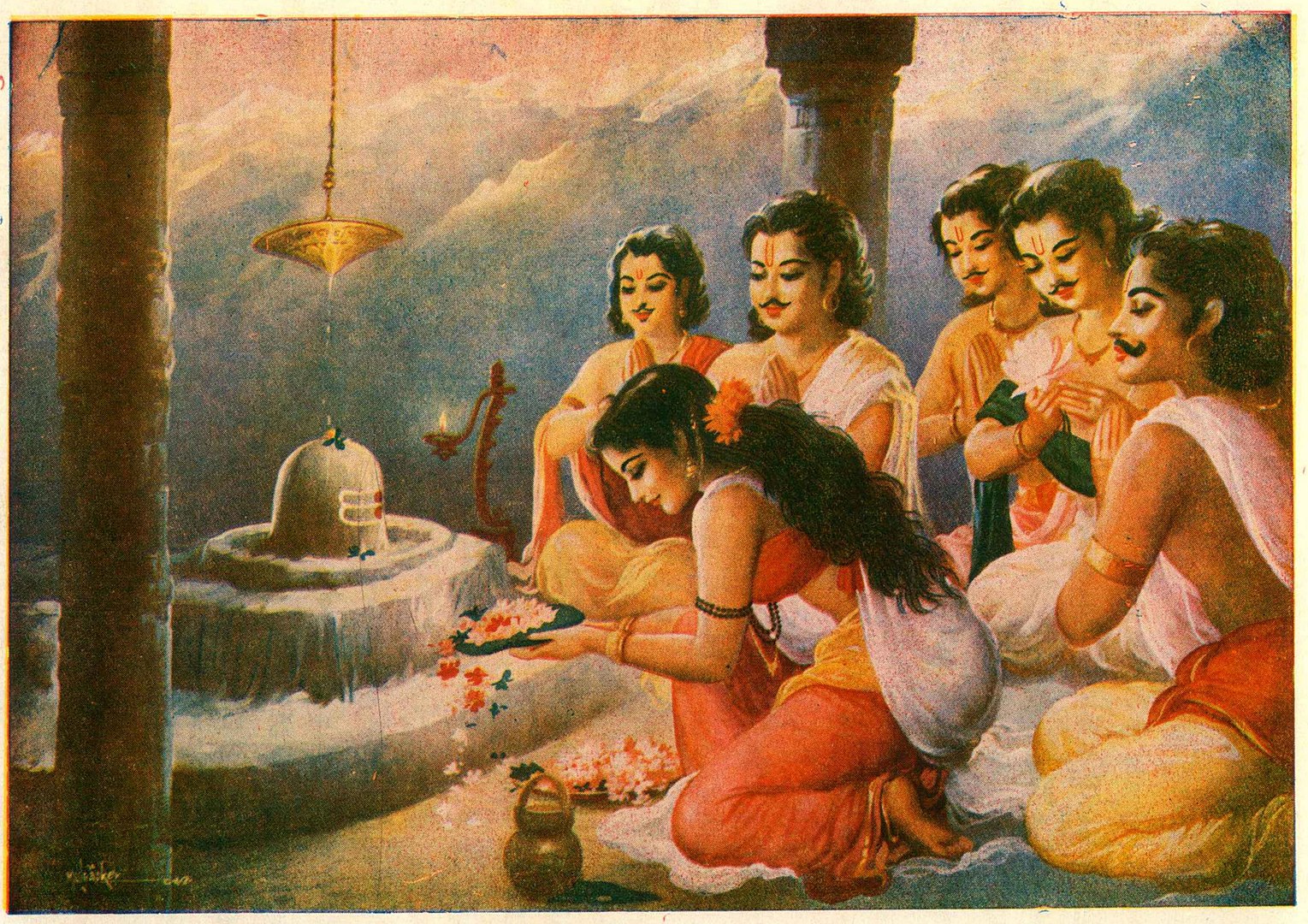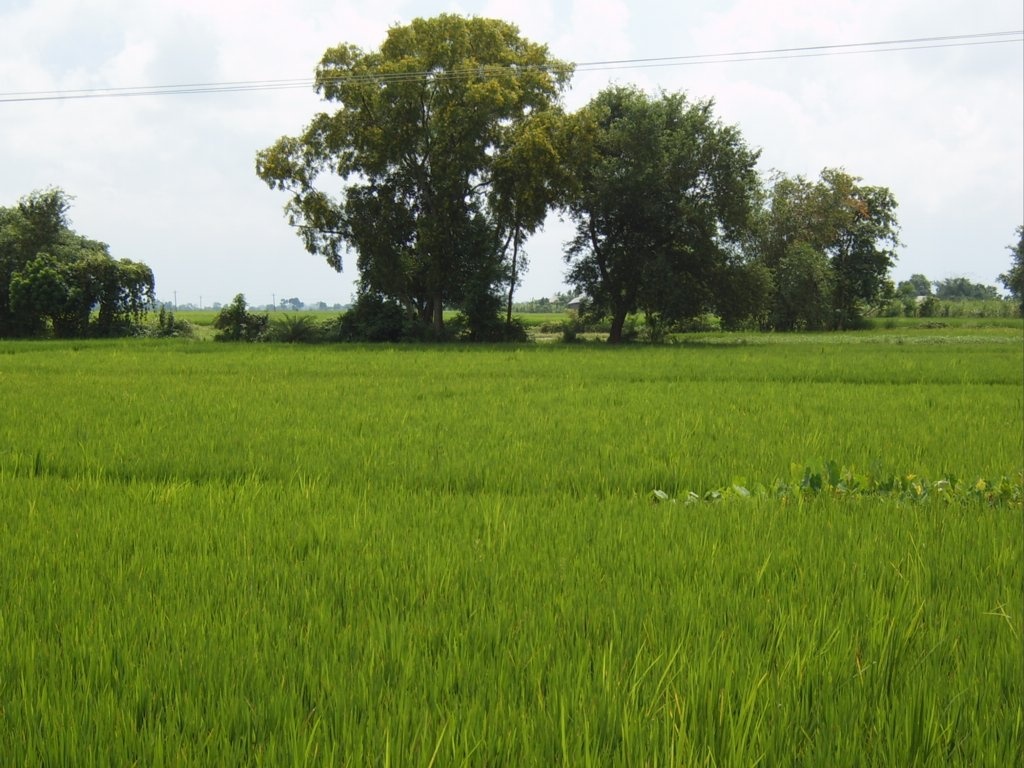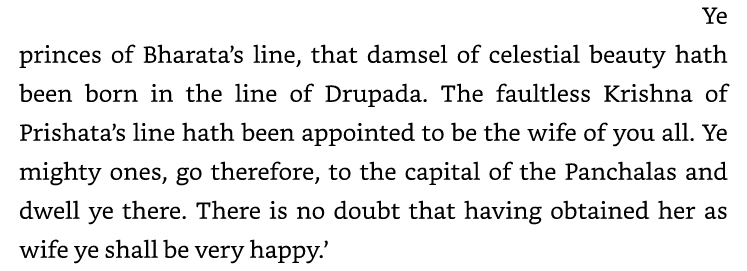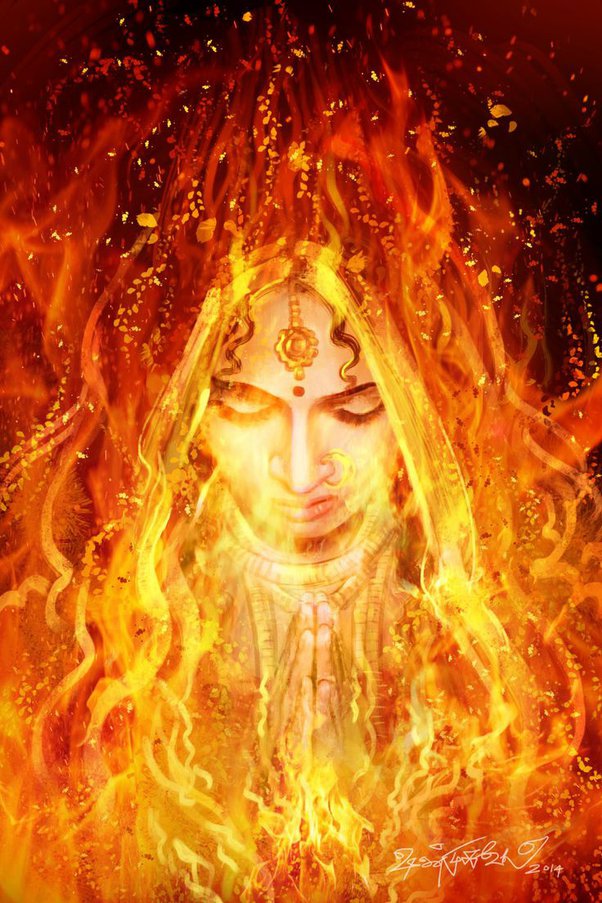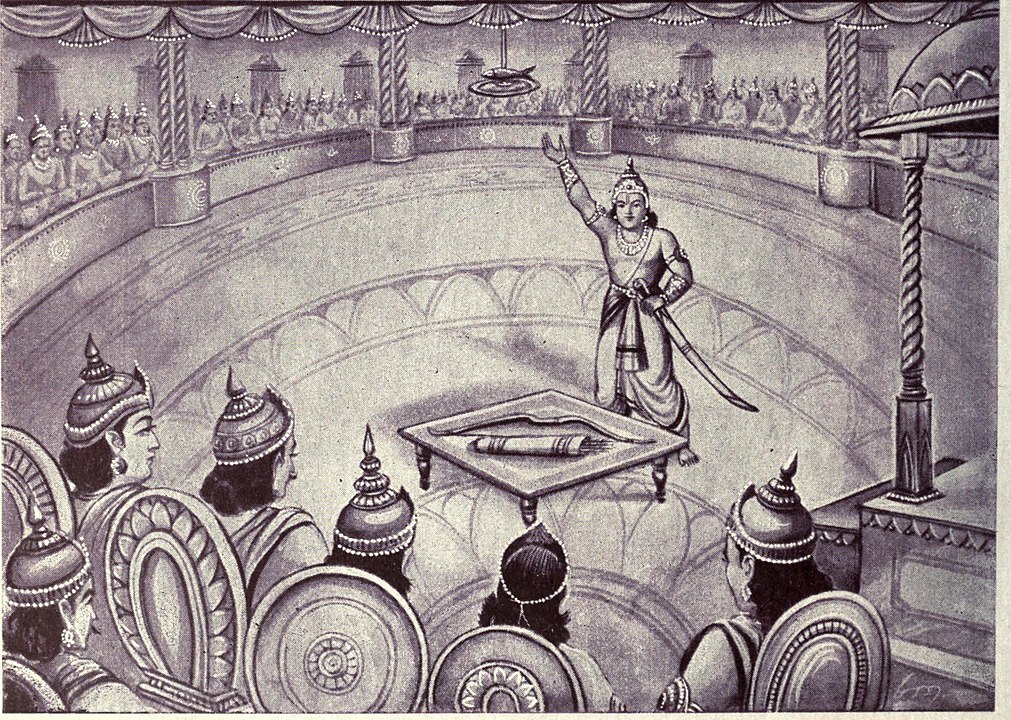
Drupadi’s father, King Drupada, was a generous king, so it’s not surprising that he had made lavish and extravagant preparations for his daughter’s swayamvara.
The swayamvara was to be conducted in a large amphitheater built in an auspicious location, on level ground. It was situated in the north-east direction of the Panchala capital. This large amphitheater was covered with a canopy of various colors and was scented with black aloes and water made from sandalwood paste. The entire space was decorated with beautiful flowers of many varieties and it resounded with the notes of a thousand trumpets.
Beautiful mansions circled the amphitheater and the entire complex was protected by a high wall that had several arched doorways and a moat.
The mansions surrounding the amphitheater were built as residences for the kings and princes who would come from kingdoms all over Bharatvarsha to the swayamvara. These mansions were pure-white 7-storeyed buildings. Their color is compared to the Himalayas by Ved Vyasa in the Mahabharata.
The windows of these mansions were covered with networks of gold and the walls were studded with diamonds and other precious stones. Comfortable and exquisitely decorated beds were made for the royals and the floor was further decorated with lovely carpets.
The inner and outer walls of the mansions were adorned with garlands of flowers and were scented with excellent aloes such that their fragrance would be perceived from a distance of one yojana (eight miles).
All mansions were 7-storeyed but their widths varied. The larger mansions were assigned to more powerful kings. Many of these mansions were large enough to accommodate a hundred doors.
The entire event lasted for sixteen days. The guests included people from all strata of society. They came from all over Drupada’s kingdom, neighboring kingdoms, and then, of course, there were the kings and princes who had come to participate in the swayamvar. The kings came from near and distant kingdoms. They had all heard of Draupadi’s beauty and each one carried a wish in his heart to be the chosen one.
King Drupada entered the amphitheater from the north-eastern gate.
The first fifteen of the sixteen days were filled with performances and entertainment by actors, dancers, athletes, and performers of various arts. The entire amphitheater was filled with people who had come to partake in the celebrations while the kings and princes watched the performances from the balconies of their mansions. The Pandavas sat with their brahmana friends and other regular folks in the amphitheater. For these fifteen days, the amphitheater resounded with applause from the audience and generous gifts were bestowed by the visiting kings to the performers.
During these first 16 days, various actors, dancers, and performers made their performances and were handsomely rewarded by the kings who were present.
In the center of the amphitheater was an apparatus (Ved Vyasa describes it as machinery) that contained a target and on the ground, near the apparatus was a stiff bow. The target and the bow were part of a challenge designed by King Drupada, however, they would be used only on the sixteenth day when Draupadi entered the amphitheater.

